So… How Do Reverse Mortgages Work?
First things first, let’s tackle the question head-on. What’s a reverse mortgage, and how does it work? It’s a financial product that allows homeowners, usually seniors, to convert part of their home equity into cash. Instead of you paying the lender, it’s the other way around—the lender makes payments to you, based on the amount of equity you have in your home. You’re not required to pay back the loan until you sell the house, move out, or pass away.
Reverse Mortgages: A Closer Look
In a nutshell, a reverse mortgage lets you tap into the value of your home without having to sell it. But there’s more to the story. The amount you can borrow depends on several factors including your age, the current market value of your home, the interest rate, and the lending limit in your area.
An Eye on Interest Rates
Just like traditional mortgages, reverse mortgages have interest rates. However, they’re slightly more complicated here. Interest on a reverse mortgage isn’t deductible on income tax returns until the loan is paid off partially or entirely.
The Pros and Cons of Reverse Mortgages
With a clearer understanding of ‘how do reverse mortgages work,’ it’s time to weigh the pros and cons.
Pros
- You retain ownership: Despite common misconceptions, you don’t lose ownership of your home.
- Payments to you: Extra cash from your mortgage can help manage your living expenses.
- No monthly payments: Unlike a traditional mortgage, there are no monthly payments to make.
Cons
- Fees: There are hefty initial costs to consider like insurance, origination fee, and closing costs.
- Interest: Interest accrues over the life of the loan, increasing the amount you owe.
- Not a solution for long-term issues: A reverse mortgage is a loan, and thus should not be considered a long-term financial solution.
The Ideal Candidate: Who Should Consider a Reverse Mortgage?
The ideal candidate for a reverse mortgage is a homeowner aged 62 or older who has considerable home equity, doesn’t plan to move, and could use the extra cash flow.
Different Types of Reverse Mortgages
It’s crucial to know that not all reverse mortgages are created equal. They come in three types: single-purpose reverse mortgages, federally insured reverse mortgages (Home Equity Conversion Mortgages), and proprietary reverse mortgages.
Key Steps to Getting a Reverse Mortgage
Getting a reverse mortgage involves a few key steps, including counseling, application, appraisal, underwriting, closing, disbursement, and servicing. It’s not a walk in the park, but being informed helps smoothen the process.
Frequently Asked Questions
1. How do reverse mortgages work when the homeowner dies? When a homeowner with a reverse mortgage dies, the heirs can either repay the loan and keep the home, or let the lender sell the home to settle the debt.
2. Are reverse mortgages a scam? Not at all! While there are fraudulent schemes out there, legitimate reverse mortgages are a recognized financial tool regulated by the government.
3. How can I use the funds from a reverse mortgage? There are no restrictions. You can use it to pay off debts, cover living expenses, or even for a dream vacation!
4. Will I lose my home with a reverse mortgage? As long as you adhere to the terms of the loan, like maintaining the house and paying property taxes, you won’t lose your home.
5. Is it mandatory to get counseling before getting a reverse mortgage? Yes, it’s mandatory to ensure that you understand all aspects of the loan, the terms, and conditions.
6. How do reverse mortgages affect my heirs? Your heirs would have to repay the loan if they wish to keep the house after your death. Otherwise, the house can be sold to repay the loan.
The LeaderOne Lowdown on How Reverse Mortgages Work
Decoding the mystery of how reverse mortgages work reveals a financial tool that could be beneficial for fome people. It offers a way to tap into your home equity without selling your home, providing financial relief for homeowners in need. However, the intricacies, fees, and potential long-term impacts require careful consideration.
So, before jumping in, it’s best to seek advice from financial experts, weigh all pros and cons, and make a decision that fits your circumstances. Remember, knowledge is power—especially when it comes to finances. We hope this guide has helped you in demystifying this often misunderstood financial instrument. Good luck, and here’s to financial empowerment!



